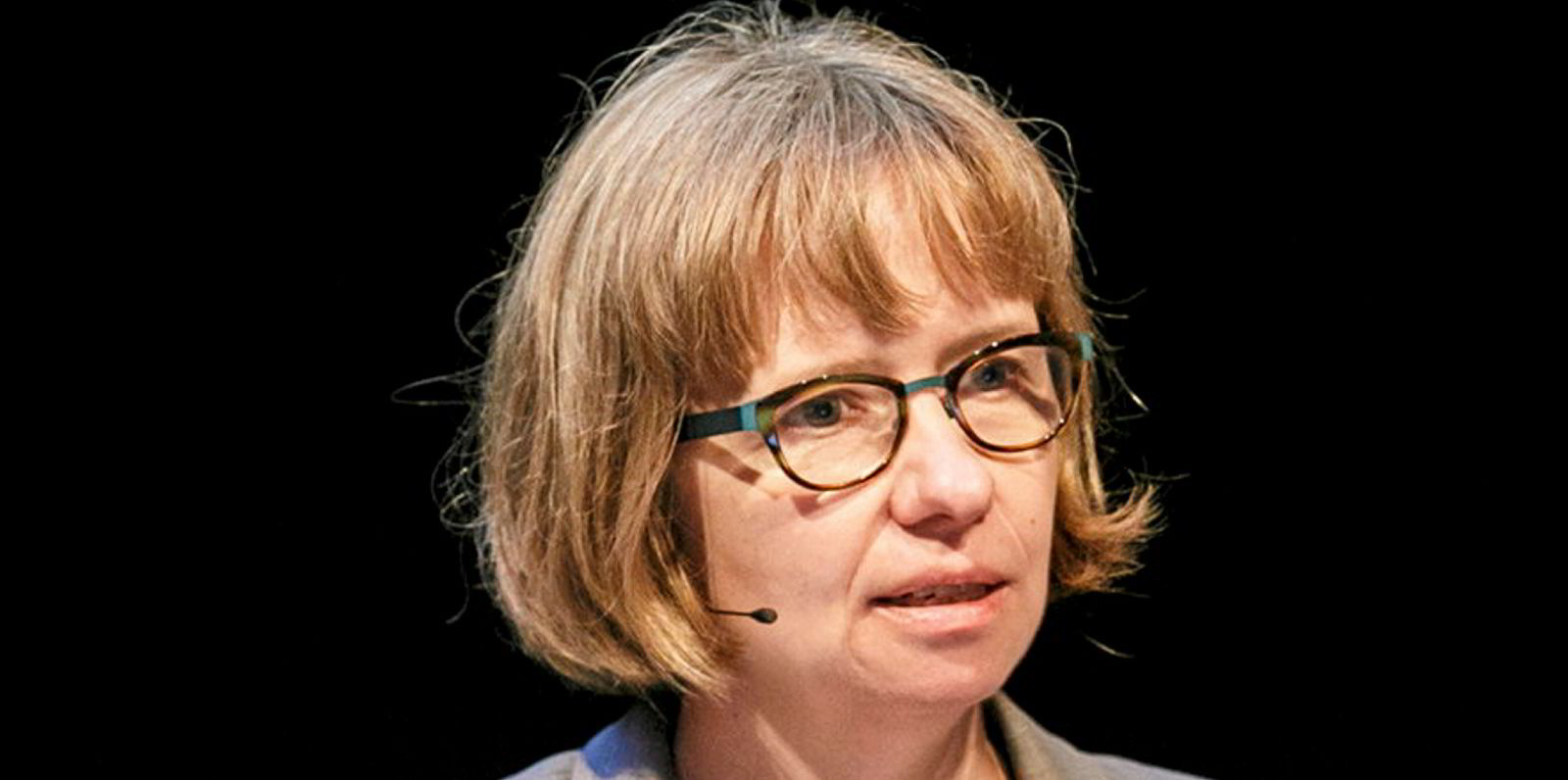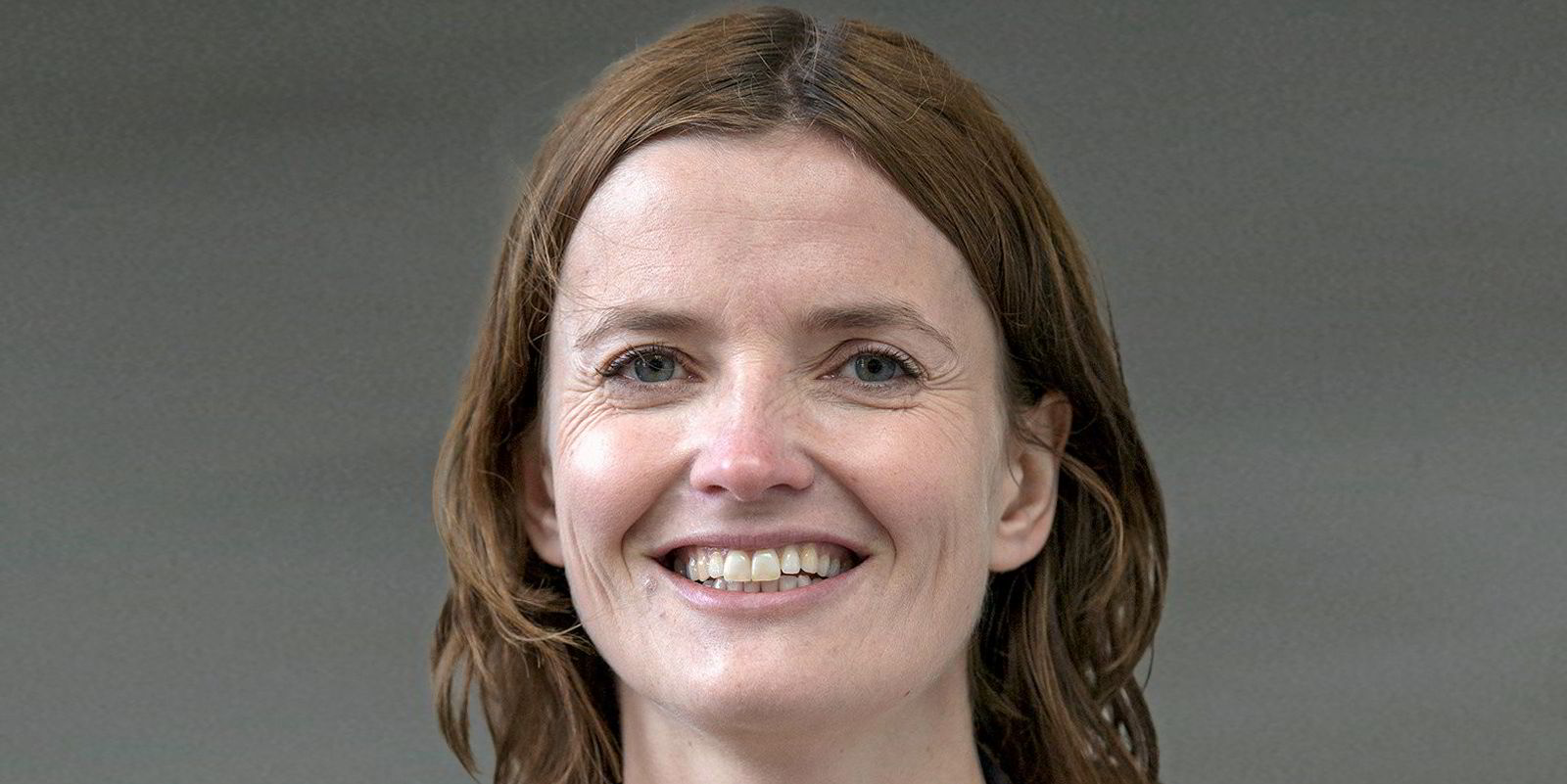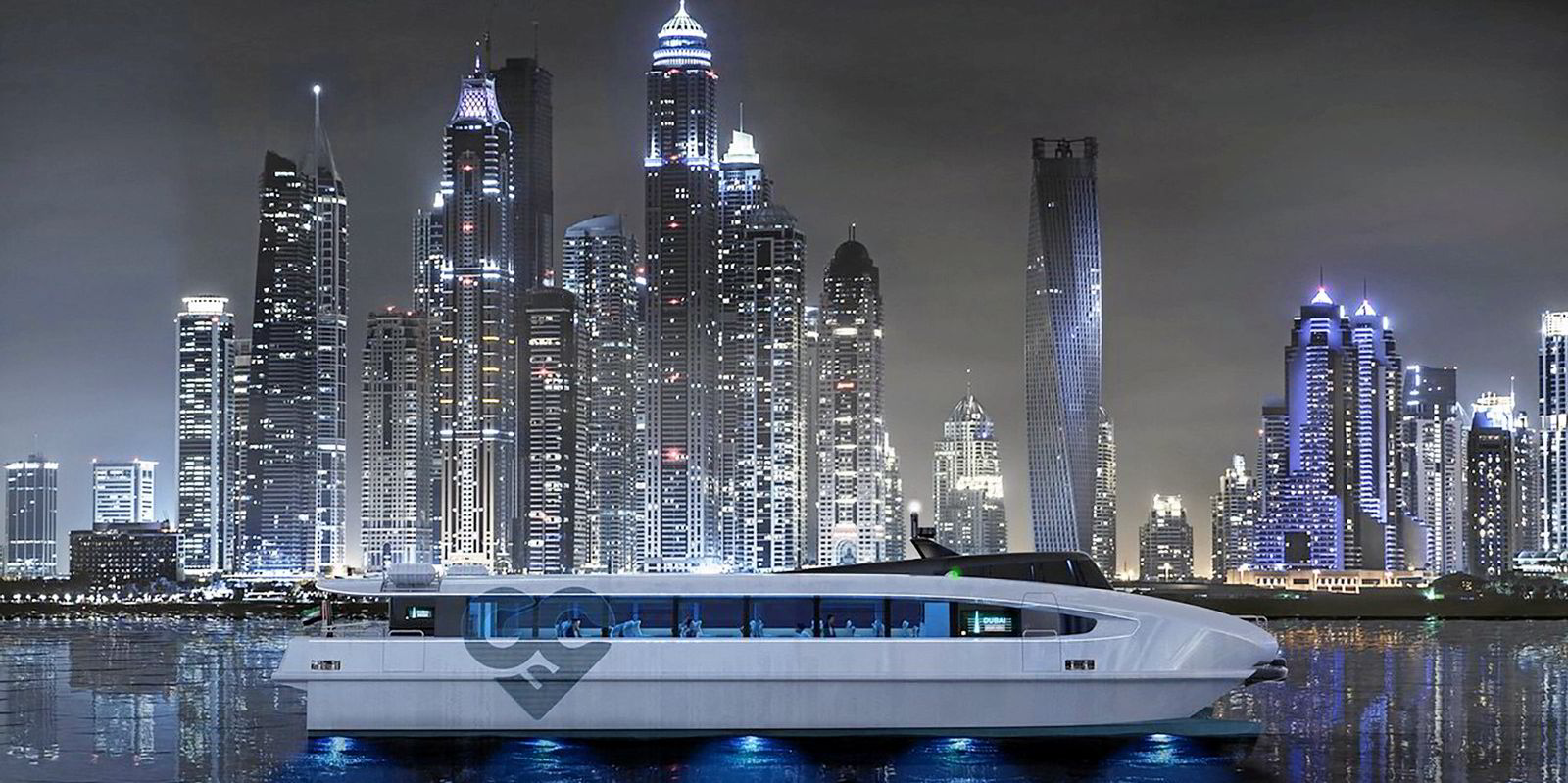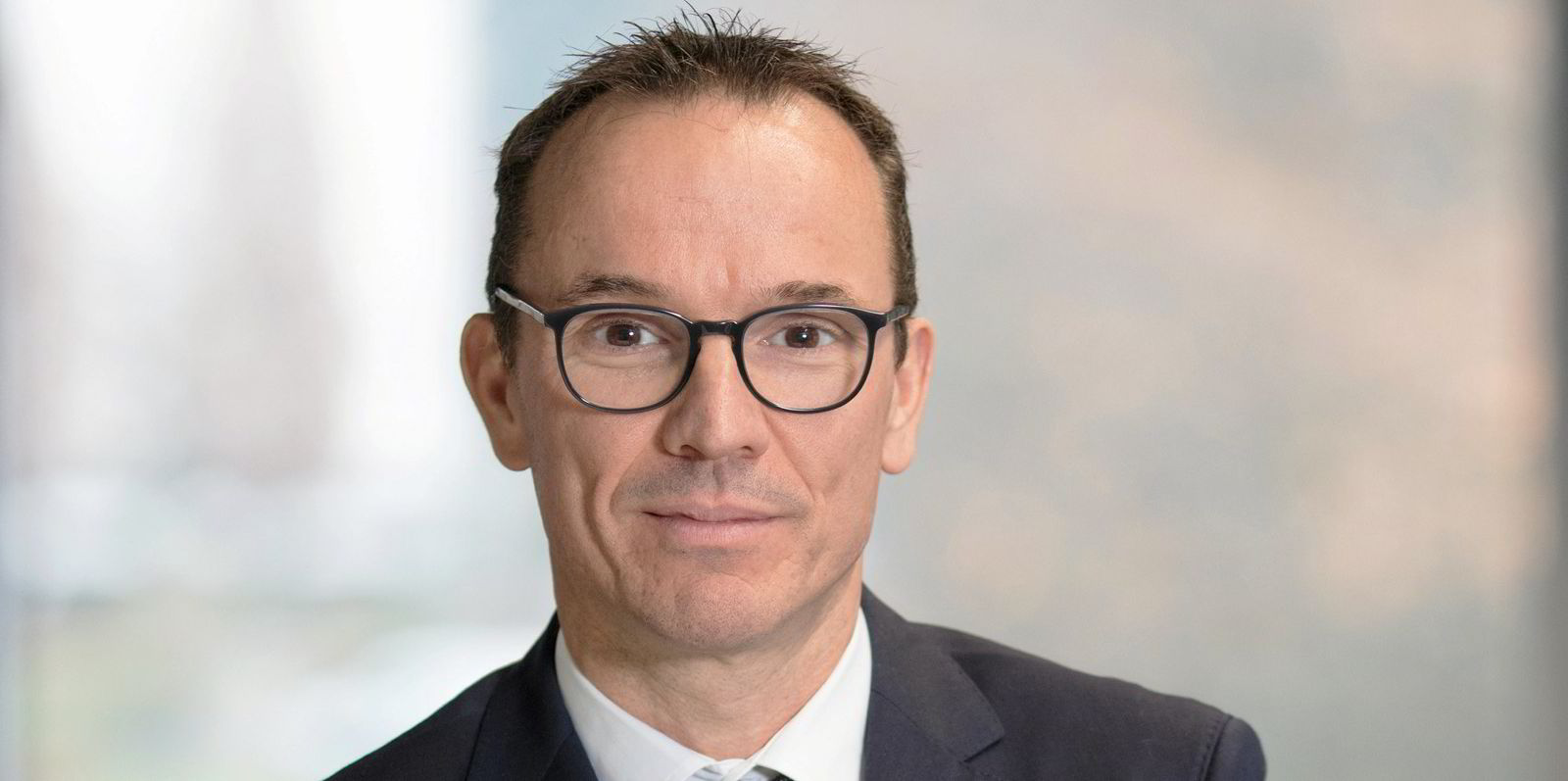A leading European Commission official has urged governments to show the same enthusiasm for decarbonisation at the International Maritime Organization as they do at more high-profile international meetings.
Magda Kopczynska, director for waterborne transport at the EC, was speaking at a debate on climate change and shipping following the publication of DNV’s Maritime Forecast 2050 report on low-carbon alternative fuels.
Kopczynska said she wanted to see consistency on the proactive language used by some countries at the United Nations Conference on Climate Change (COP) and IMO meetings.
“I would like to see more unity between what countries say at COP and what they say at the IMO,” she said.
The official would not be drawn on to which countries she was referring.
However, the European Union has questioned the adequacy of proposals made by Japan on curbing shipping emissions at the IMO. Japan is one of the more progressive countries at the UN on climate-change issues.
The COP 26 meeting, scheduled for Glasgow, comes just before the IMO's Marine Environment Protection Committee, which is seeking to progress further decarbonisation measures for shipping.
Higher ambition
Kopczynska said she believed the IMO would have little choice but to raise its ambition to reduce shipping’s carbon emissions by 50% by 2050.
She defended regional action taken by the EU, which is preparing to include shipping in its emissions trading system.
She said regional action is compatible with the international regulation under the IMO.
“It is not a question of either/or,” she said. “Sometimes things can happen faster at the EU level.
“We have a clear political sign when it comes to shipping. At the EU level, we will not only have carbon pricing but also a proposal that looks all the way to 2050 that requires ships to reduce the carbon content of fuel.”
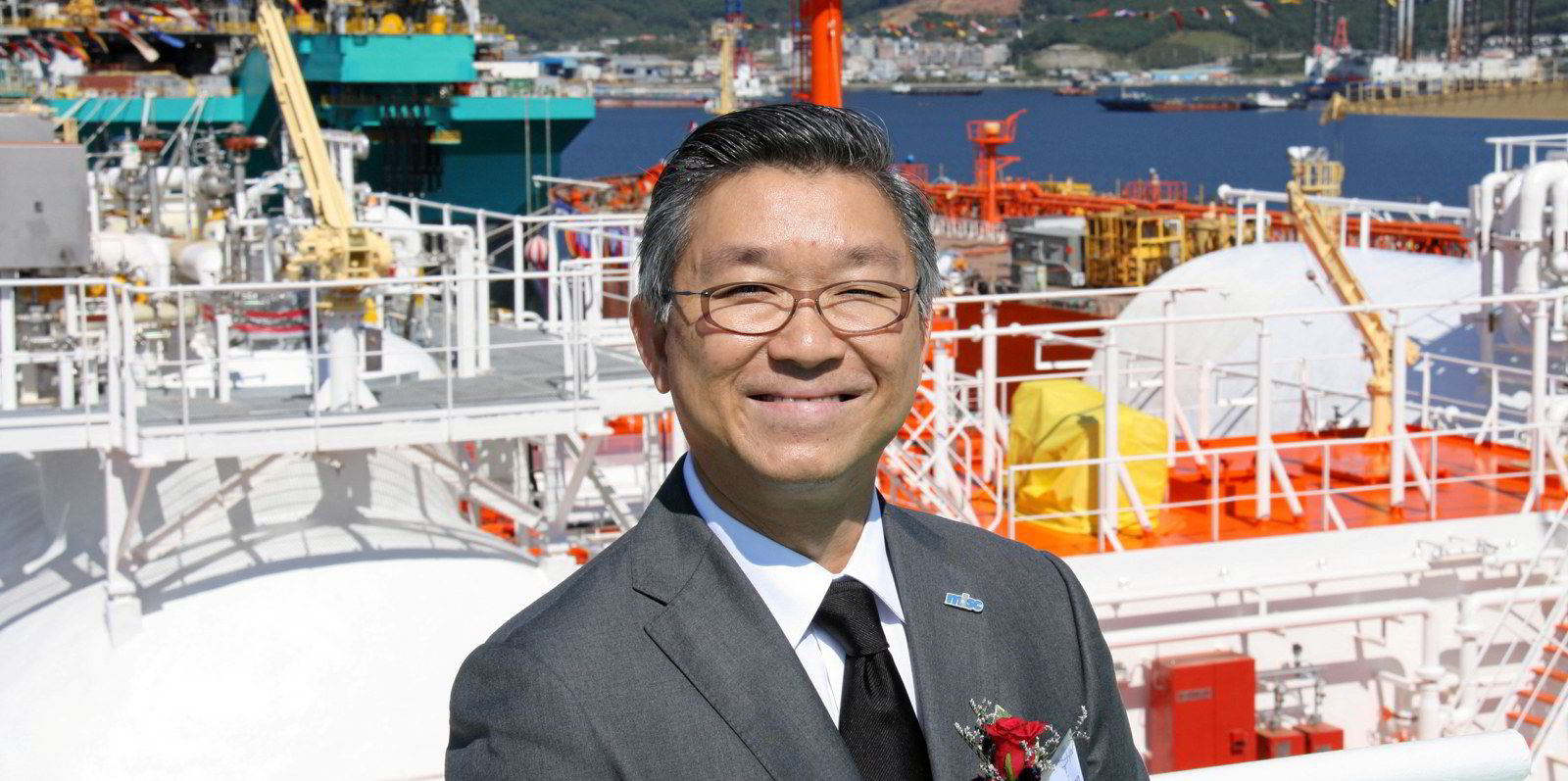
Jan Dieleman, president of ocean transportation at trader Cargill, said it is industry, rather than regulators, that are now leading the way towards decarbonisation.
But he said he wanted regulators to support industry moves.
“Clear and simple regulation is what is needed,” Dieleman said. “It would be helpful if regulators were more pragmatic too — what might work for containerships won’t work for other subsectors.”
Support the industry
Hapag-Lloyd chief operating officer Maximilian Rothkopf said: “Regulators can support the industry by providing a level playing field. As IMO 2020 showed, strong enforcement is also needed. What is important is that a company can plan ahead without being faced by a changing regulatory environment.”
One important issue is whether seafarers will need additional training to cope with new decarbonisation technologies and fuels.
Yee Yang Chien, chief executive and president of MISC, said: “We need to start thinking about how we will reskill seafarers to deal with the technology now.
“It is a question of upgrading knowledge. Academies need to work on introducing new technologies to the curriculum. When we develop the technologies, the curriculum should be developed alongside,” he said.
Kopczynska called on the IMO to review the International Convention on Standards of Training, Certification and Watchkeeping for Seafarers, with a view to adapting it to the emergence of new decarbonisation technologies.
